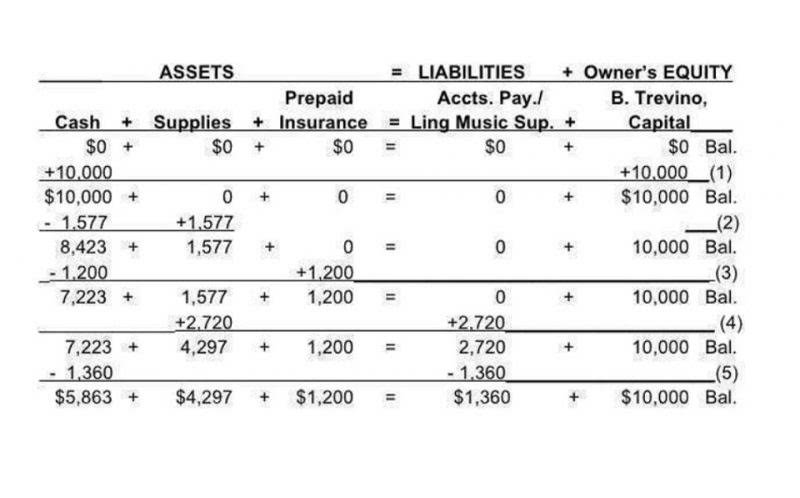12 enero, 2023
And it doesn’t mean that all of the activities your nonprofit spends money on aren’t taxable. Tax-exempt nonprofit employees are still subject to employment taxes, and your nonprofit could still be subject to sales, real estate and other taxes depending on which state it’s based in. A well-managed cash receipt process is essential for nonprofit organizations to ensure accurate recording of incoming funds, maintain financial transparency, and build trust with donors. It impacts not only the financial statements but also the tax obligations of all parties involved.
Be prepared for tax season early
It might be your accounting/finance team or someone on your development team. Having your in-kind donations recorded in your chart of accounts means that these gifts should show up in your nonprofit’s various accounting statements and reports. Your nonprofit accountant should always double-check that any donations of goods show up on your annual Form 990 because it’s required by the IRS. While services don’t technically need to be featured on your tax form, normal balance they should still be recorded in your accounting system to comply with GAAP standards.
Major gifts of stock: Your ultimate guide to making effective fundraising appeals
Make sure all of your nonprofit’s transactions go through a dedicated bank account. Ask your bank whether they offer business chequing accounts tailored to nonprofits. Once you receive a donation of stock, a thank you and acknowledgment letter should be sent to the donor. Not only is this the right thing to do, but it’s also required by the IRS for any gift over $250.

Statement of cash flows
Many nonprofits skip inventorying the donated items if the goods are donated and sold within the same fiscal year, so don’t forget to record items when you receive them. Donating appreciated stock and mutual fund shares offers a highly effective way for higher-income investors to not only reduce their taxes, but to give more to the causes and communities that are important to them. If they don’t, you can contact the charity or your financial advisor for more information.
- From audience targeting to powerful campaigns, our guide, enriched by insights from Fifty & Fifty, offers a roadmap to elevate your nonprofit’s end-of-year fundraising initiatives.
- When stocks that have appreciated in value are donated, the donor can typically deduct the fair market value of the stock at the time of the donation, rather than the original purchase price.
- Looking up a nonprofit’s Form 990—using services like Guidestar.org—can tell you a lot about its financial state.
- Noncash contributions made to a qualifying organization are subject to a 50% limit of your AGI.
- There is a common misconception among nonprofits that because in-kind donations are provided at little or no cost, the organization doesn’t have to report them on its financialstatements.
- This gives your nonprofit grounds to refuse donations of items that you can’t use without being rude to your donor.
Taxes for nonprofits

This value is crucial as it forms the basis for the journal entries that will follow. For accounting purposes, publicly traded stock should be counted at the average of the high and low selling prices on the gift date (the date you receive https://www.bookstime.com/ it). If you decide to accept closely held stock (not publicly traded) and receive a gift over $10,000, the IRS requires that you get fair market value from a qualified independent appraiser. You’ll also want to establish a formal investment policy, since you may not want to accept all types of stock donations. First, decide whether or not you will immediately sell the stock or hold onto it (more on that in a moment), and how you will communicate your policy so that there are no surprises with the donor.

With a well-defined strategy, how to accept stock donations legal compliance, and ethical considerations, stock investments can be a powerful tool to further a nonprofit’s mission. Always consult with financial advisors to ensure a successful investment approach. If your nonprofit needs to undergo a financial audit, you’ll be expected to have accurately recorded your in-kind donations and taken appropriate next steps. For example, you might need to provide receipts to donors who give donations of a certain size. While not monetary contributions, your nonprofit accounting team still needs to record the acceptance of an in-kind donation.
